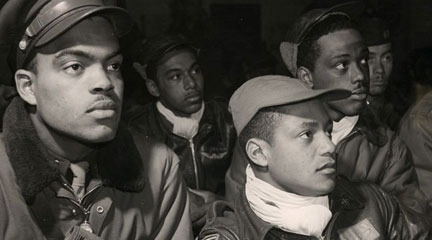Last week we talked about an older man in his 80s who struggled with self-hate for years growing up under segregation, and how he carried the ideas of self-hate even after integration began to take place. I asked an older woman who is 75 years old for her response to the older gentleman, and how the ideas of self-hate and racism affected her as a woman growing up.
She recalled the familiar poem that kids would chant about the skin tone that went something like if you are “light you are alright, brown stay around, and black get to the back.” She shared that for some time she did not notice a difference in color, but the older Afro-Americans did. According to my friend, the older adults had the ideal of inferiority ingrained into them. Once, her generation came up, she described that the way that she saw herself was contingent upon the support system that she had.
Her surrounding community was protective of how she saw herself. She told a brief story of how as a child she was coloring in a coloring book and decided to color a Black woman’s hair blonde. Her dad quickly corrected her sharing that blonde was not a natural hair color for an African-American woman, and that she needed to color the woman’s hair something different. He wanted to protect her from the idea that what was White or light was better, and what was darker or closer to Black was bad.
He did a good job along with her mother. The woman grew up to marry a man who was a Black militant brother similar to the Black Panthers of the 1960s and 1970s. She has told me a few stories about her hubby and his passion to promote his people. Clearly, she became surrounded by African-Americans who took pride in who they were and in their culture. She also mentioned a positive teacher of hers who would ingrain an attitude of unity among Afro-Americans instead of division regarding shade of skin tone. The teacher would say that Afro-Americans were a rainbow of beauty over and over again reminding the students to appreciate their worth.
Thankfully, all of these positive affects helped my older woman friend to see herself in a manner that was healthy for both her and others around her. One thing that I have learned in my dealings with some older Afro-Americans who still carry an inferiority complex due to their skin-tone is they may just need a little help from the younger generation to cause them to accept themselves.

Leave a Reply